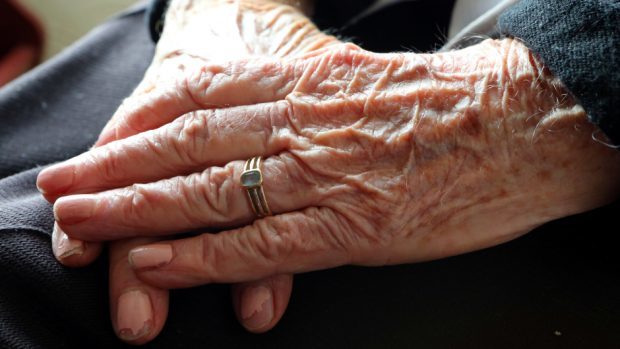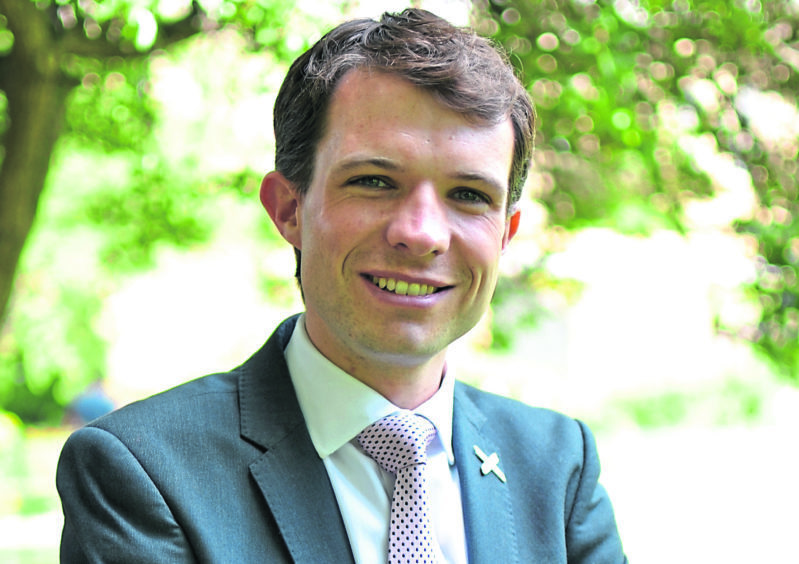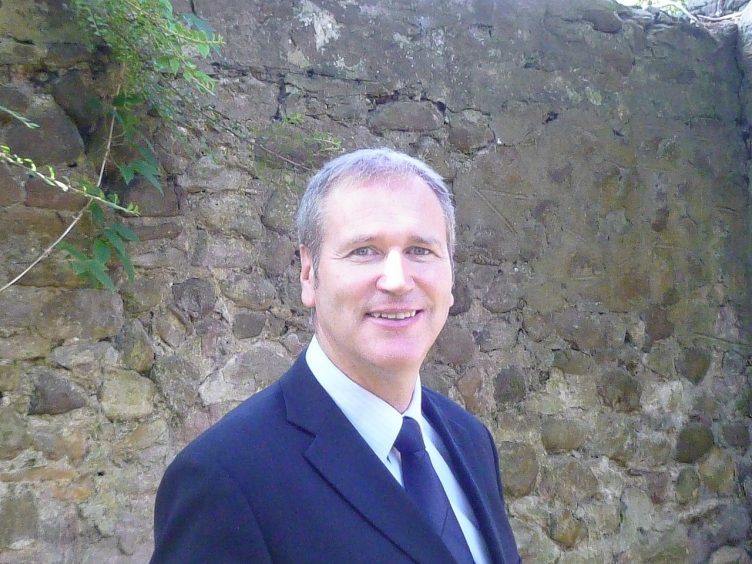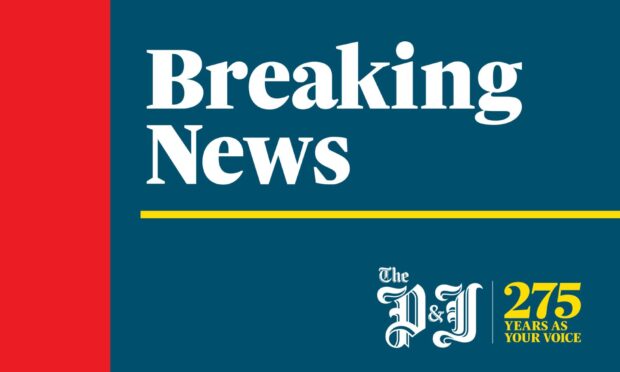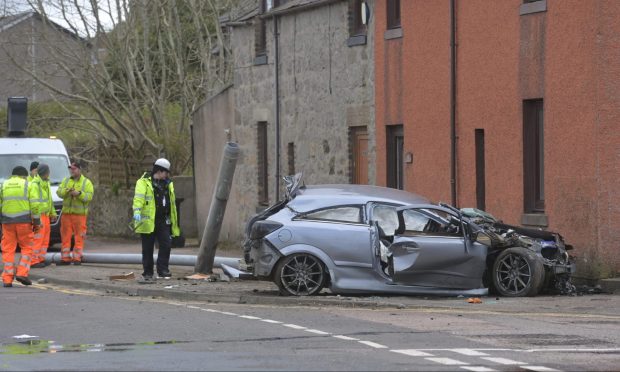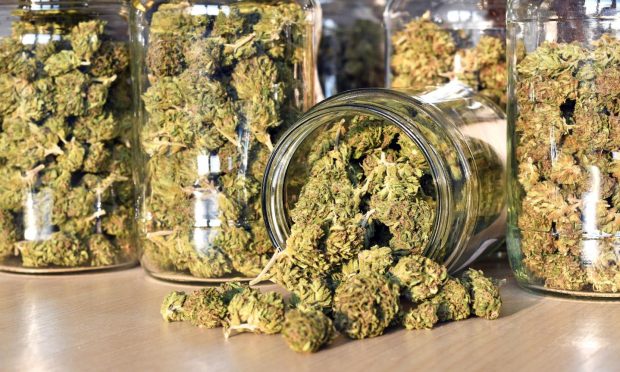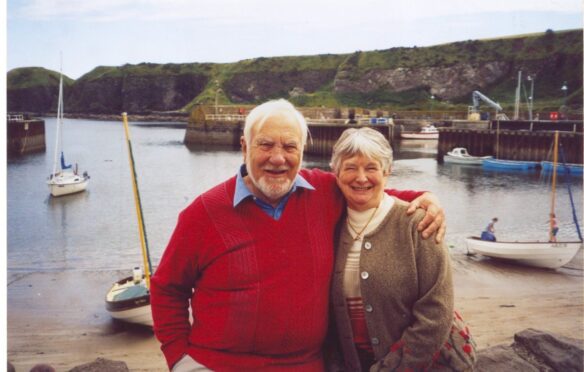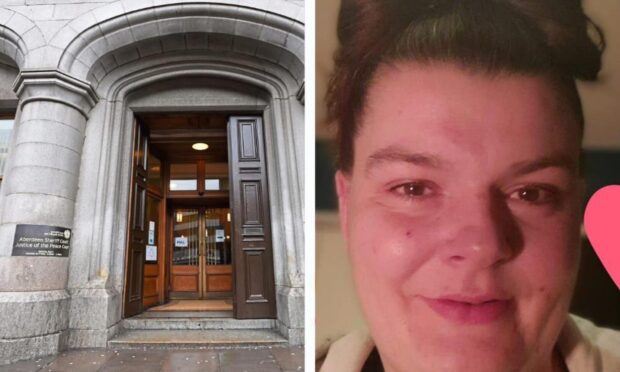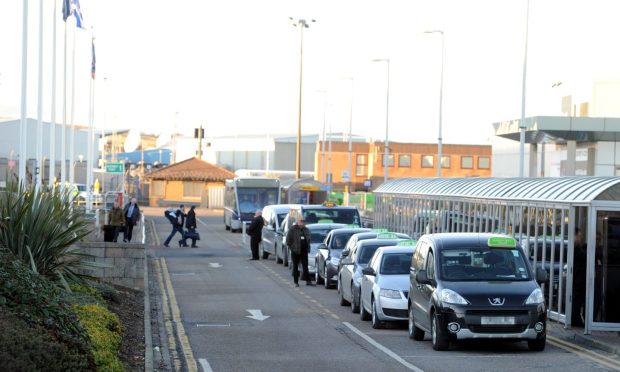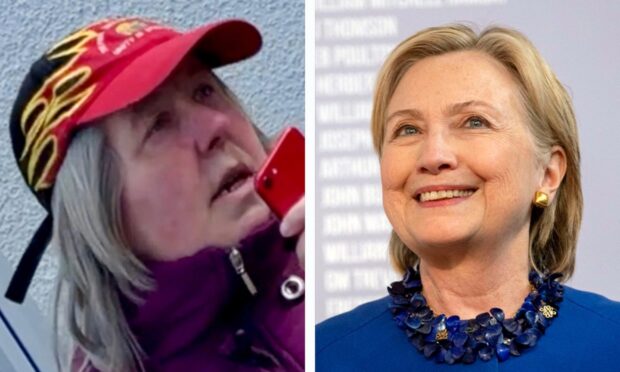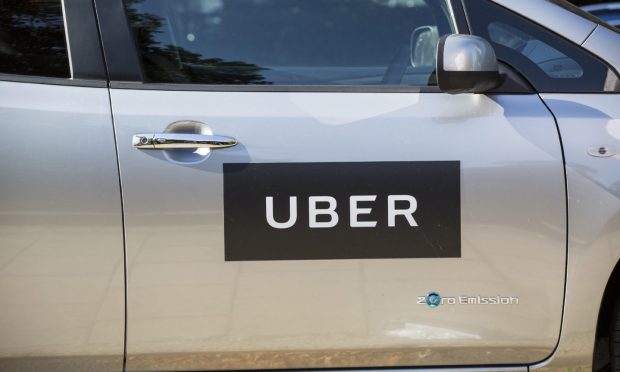An Aberdeenshire woman was left crying for hours after feeling pressured into signing a do not resuscitate (DNR) form over the phone – an issue a leading charity believes to be shockingly common throughout Scotland.
The 69-year-old woman, who was sent a shielding letter, said during her “horrible conversation” with an unknown doctor from her medical practice she was asked several times to authorise a DNR to be placed on her record, despite insisting she did not want it.
The charity Age Scotland described the woman’s ordeal as “extremely concerning” and said they had heard of dozens of similar stories from people it supports across Scotland.
In April, the Scottish Government urged health boards to contact all high risk residents required to shield amidst the coronavirus pandemic.
They were asked to make sure people understood what was required by shielding and put in place any necessary care plans.
But it said there had been “no change” to the use of DNR forms and advice given there was no need for a DNR discussion unless patients wished it or GPs felt it was clinically necessary.
The 69-year-old, who wishes to remain anonymous, said she felt pressure was being exerted, however, and feared “a cull of the older generation”.
She said the doctor from her practice initially phoned to discuss her general health, but added: “He then said he wanted to have a not-so-nice conversation. I asked him if he wanted me to sign a DNR, and he said yes, he did.
“He tried several times to go through what would happen, telling me I might get broken ribs during CPR and that there was a small survival rate for people having CPR.
“I told him that I didn’t want it. I was feeling really quite a bit shaken by the whole thing. But he asked me to sign it anyway.
“He asked me several times, even after I said no, and he went on to explain further what would happen if I didn’t want it.
“After I finished speaking to him, I sat down and I cried for about two hours. I just couldn’t phone or speak to anybody, because I was just so upset.”
She added: “One of the things that concerned me most about the way this DNR thing was handled is that there are many older, vulnerable people who would have received the same kind of call that I did.”
The woman did not provide DNR authorisation and has urged others with similar experiences to speak out.
An NHS Grampian spokesman said: “We completely understand a conversation about DNR status can be upsetting, especially without face to face contact.
“While we’d prefer not to have these discussions during telephone consultations, it is sometimes clinically essential.
“In these cases our GPs do their utmost to be as sensitive and diplomatic as possible but we know it will still be distressing for some people and we are deeply sorry for that.”
Andrew Bowie, the Conservative MP for West Aberdeenshire and Kincardine, has been involved in discussions with the 69-year-old and said there must be clarity on DNRs.
“This was a very distressing incident and I have addressed it with the health board and Scottish Ministers,” Mr Bowie said.
“It has become apparent the practice may be more widespread than I’d first feared and I have taken it further.
“It is imperative that clear, unambiguous DNR guidance is issued, with patient consent at its core.”
Mr Bowie’s sentiments were echoed by Brian Sloan, the chief executive of the charity Age Scotland, who fears the issue of people feeling pressured into signing DNRs is widespread.
He said: “This case is extremely concerning, but sadly far from unique.
“It is shameful and completely unacceptable that any older person should be left feeling their life and wishes don’t matter.
“We have heard of a number of very worrying examples from across Scotland, where older people have felt pressured into signing forms saying they do not wish CPR to be attempted.
“Unfortunately the way this has been handled by some GP surgeries and health professionals has caused a lot of alarm and anxiety for older people and their families.”
A Scottish Government spokesman said: “We have been clear no-one should ever feel pressured in any way whatsoever into giving their consent to a Do Not Attempt CPR form.
“When difficult conversations are needed with people and their families regarding their care wishes should they become seriously unwell those discussions should always be handled with the utmost compassion, care and tact.”
